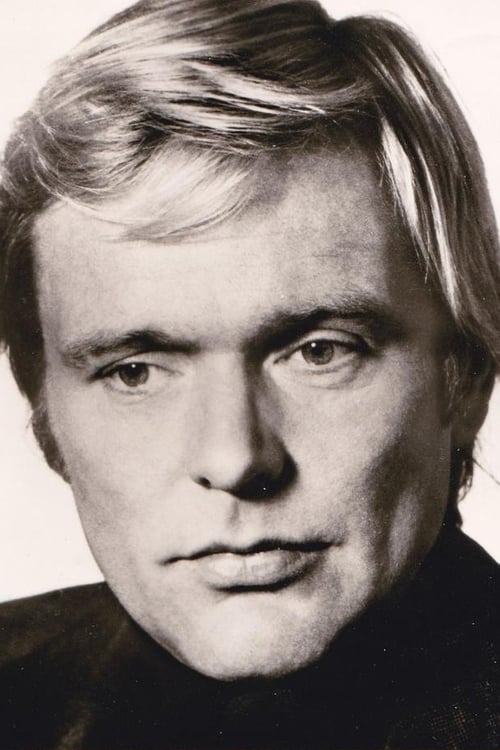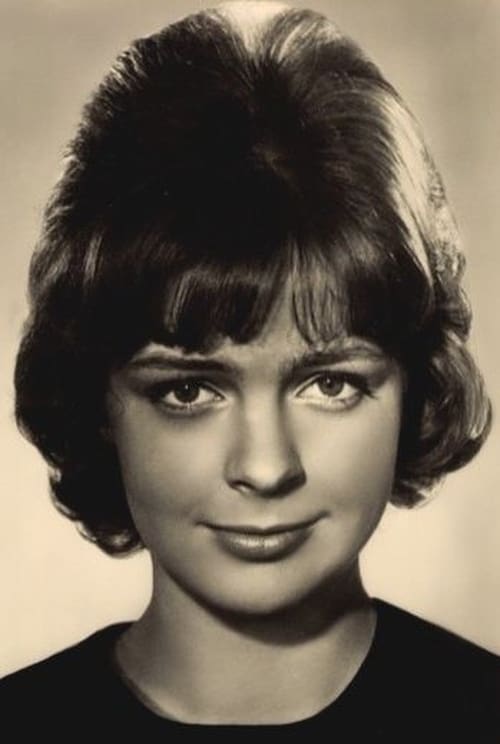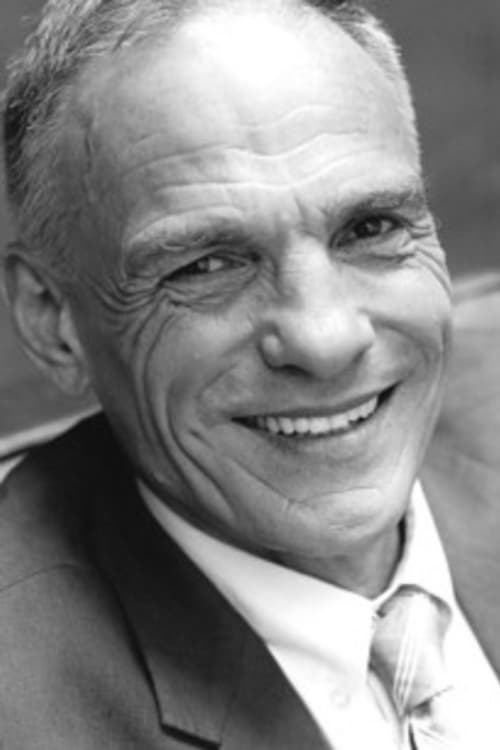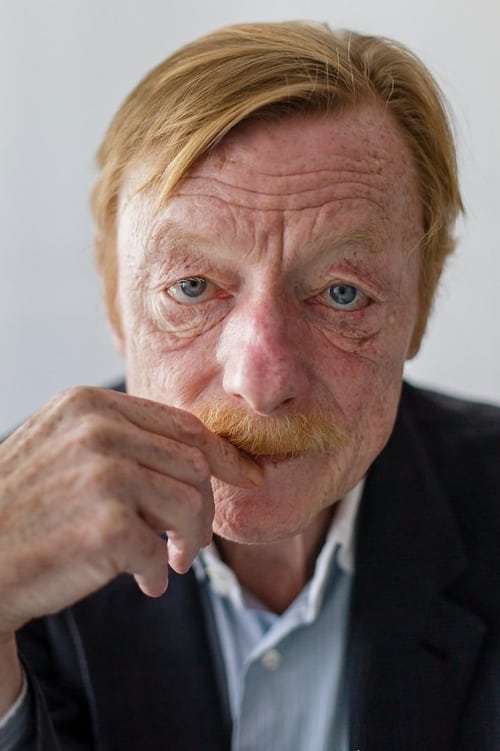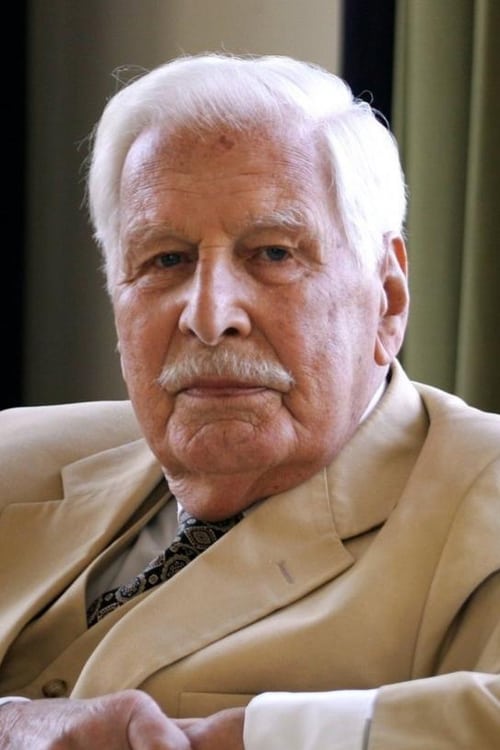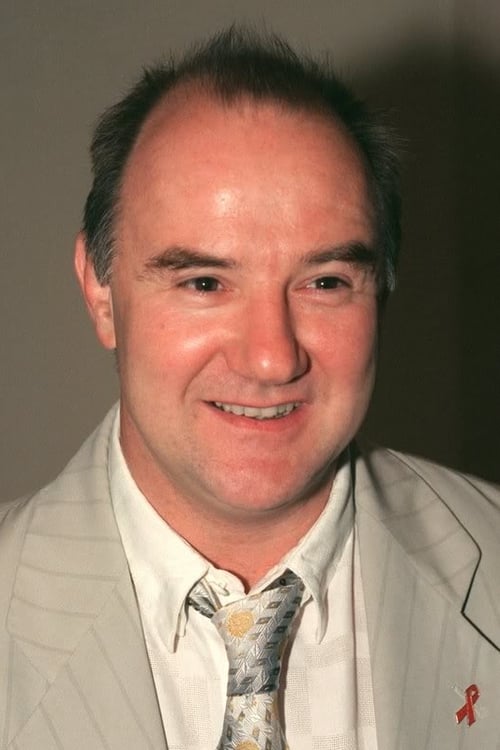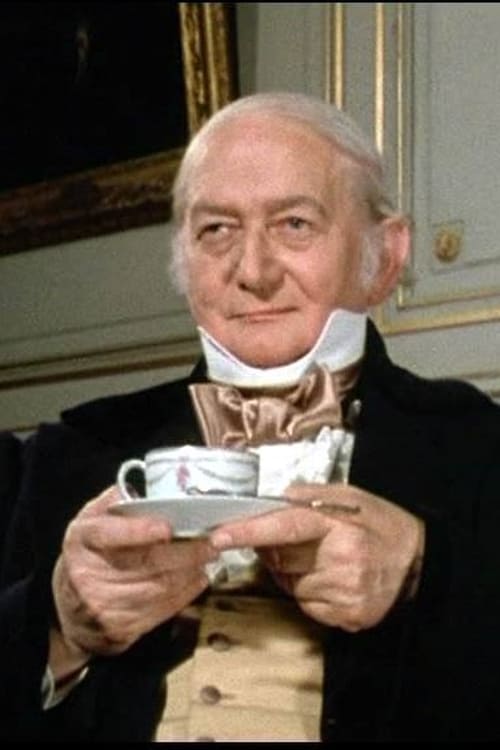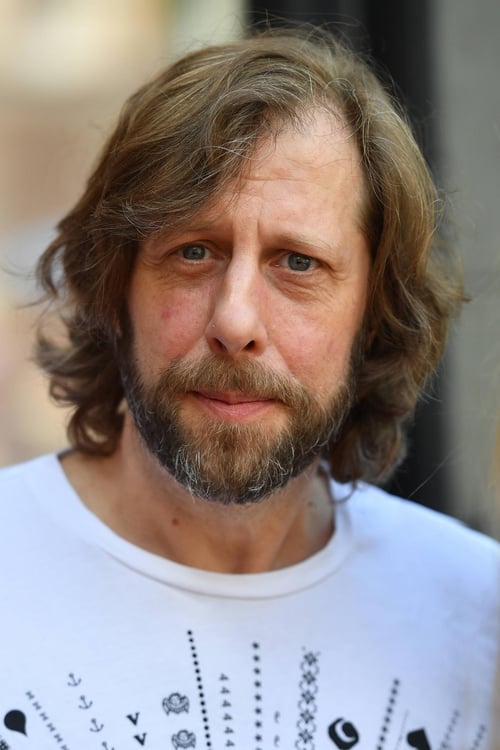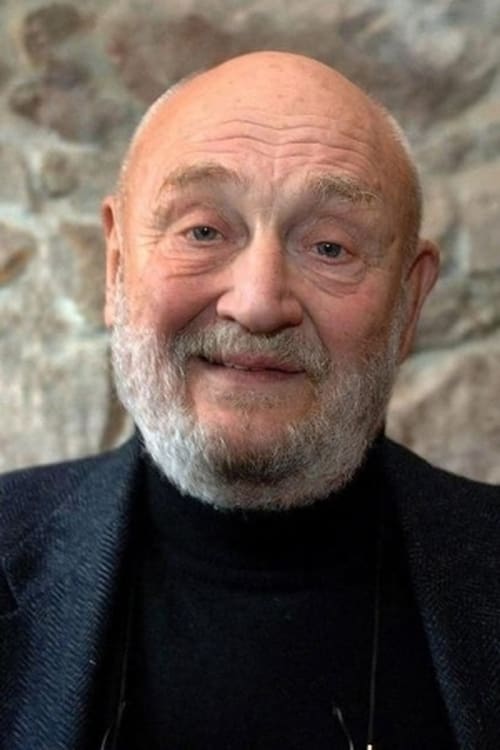Boundaries of Time - Caspar David Friedrich (1986)
ジャンル :
上映時間 : 1時間 24分
演出 : Peter Schamoni
シノプシス
A study of German 19th Century Romantic art through the writings and paintings of Carl David Friedrich and his fellow artist, Carl Gustav Carus.

Otto Scheidel (Manfred Krug) has been captain of the Elbe steamer Jenissei for over twenty years, but his ship, the last of its kind, is going to be converted into a floating restaurant. Otto, whose his strong attachment to the ship has already cost him his relationship with his girlfriend Caramba (Renate Krößner), refuses to take another job and instead joins a railway construction brigade.

In this East German film, the third one in The Third is Margit's third lover. After her mother's death, Margit has two affairs which don't work out, and one lesbian friendship which she retains. She is looking for a husband, though, and thinks she has spotted a candidate in her fellow factory worker. As she contemplates marrying him, her story is told in a series of flashbacks.

Bound together by the voice of Lamont, a young black man pushed by the constant surveillance of his everyday life to discover the real power is off-screen. Lamont uncovers a living and breathing New York City with his new found power. At the same time, actress Iris refusal to die in an audition spurs her to get out of the pretentious grind of being in. She becomes the focus of Lamonts camera as he follows Iris into her psychological descent, while her roommate Mira, is desperate for fame no matter the price.

In order to stop a vampire from terrorizing the countryside, some locals decide to break into his coffin at night and steal his ashes. Complications ensue.

Craneway Event marks the second collaboration between acclaimed Berlin-based, British artist Tacita Dean and the legendary, late choreographer Merce Cunningham. Shot in 16mm colour anamorphic film, Craneway Event documents Cunningham's company over three days in November 2008 as they rehearsed for an event in the light filled craneway of an abandoned Ford Motors factory in California. Dean's film practice embodies a romantic and insistent materialism, often documenting forgotten moments and spaces teetering on the edge of disappearance. While her predisposition towards the ephemeral is often grounded in the physical world, as a feature length film, Craneway Event solicits an experience of duration that transcends the materiality of space. Craneway Event is the grand beauty and scale of empty industrial space, the delicacy of light, time and air, and the eloquence and subtlety of movement in the visionary work of Merce Cunningham.

In the first of the three linked episodes of French writer-director Emmanuel Finkiel’s delicate, poignant Voyages, a bus tour of Poland, by present-day French survivors of the Holocaust, suffers a mishap: en route to Auschwitz from a Jewish cemetery, the bus breaks down. In the second episode, one of them confronts the possibility that her father, long presumed to be among the Six Million, in fact survived; but is he her father?

A hotel for women-only and catering to working girls is the setting for not being able to get a USA PCA seal-of-approval for this French-film, but New York City's 55th Playhouse played it anyway. Along the way the audience meets the girl who sneaked her lover into her no-men-allowed room and her patch soon turns blue; a young lady with a passionate intensity who chooses another young lady as the object of her affections; the blindly-misguided director of the hotel, another lady of real easy virtue who is not the one who smuggled her lover into her room; and a girl who is only there as a procurer for a slavery ring.

A young, idealistic female Israeli military investigator confronts an elite commander with accusations of unnecessary violence in the Occupied Territories. Her integrity and determination are put to the test as the case proves less black-and-white than it originally seemed.

In December of 1999, François organizes a retreat to a small island for himself, some friends, and their children to avoid the craziness of Paris during the turn of the millennium. Things quickly become tense between François and the young man who is the island's caretaker. Boredom and bickering add to the growing foreboding. By the end, will millennial noise in Paris seem mild in comparison to violence in the pastoral retreat?

A potentially violent patient in an insane asylum is calmed when he hears a nurse playing the piano. But shortly afterwards he breaks free, eludes his pursuers, and acquires a gun. He soon comes to a house where a young wife is home alone, and there is a tense confrontation.

This film, dramatizing Weininger's life, is an adaptation of the 1982 play Soul of a Jew by Israeli writer Joshua Sobol. Weininger's last despondent hours are depicted in a dramatic furioso. His whole life passes by like distorted images in a mirror. The young genius fights a desperate battle against time, his fellow men - and against himself.
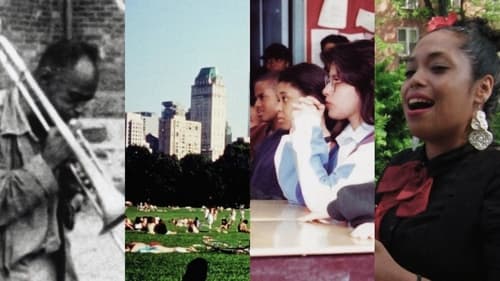
Public Housing is Wiseman’s unflinching portrayal of life at the Ida B. Wells housing project in Chicago, a raw exposition of the daily conflicts between residents and the bureaucratic machinery to which they are continually subjected. With intimate detail and an abiding dedication to his subject, Wiseman unearths the hidden facets of institutions to find humanity and sites of unexpected beauty.

Jakub presents an extensive ethnographical-sociological study of the life of the Ruthenians, filmed in the Maramuresh mountains in the north of Romania and in the former Sudetenland in Western Bohemia. The film was made over a period of five years during the time of both totalitarian regimes and was completed in 1992 after the revolution.

Werner Schroeter's rhapsody of excess leaps from 1949 Cuba to contemporary France to points in between, while its feverishly shifting visual style evokes and parodies everything from kitschy Mexican telenovelas to silent French art films.
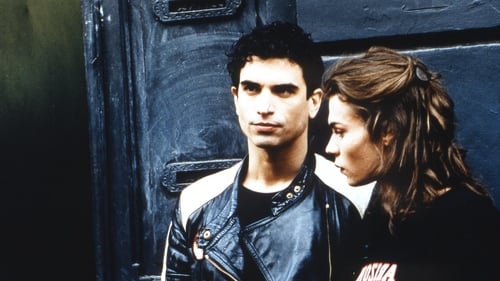
Bo is a transexual prostitute in Brussels who left home after being abused by her father. She's infuatuated with a neighbor and suspected by the police in a series of transexual murders. In order to clear herself she must turn detective.

“Mermaids flip a tale of twin detriments, domiciles cradle morph invaders, crocodile trails swallow two-legged twigs in a fecund mash of nature's outlaws... down in the Everglades.” (Fern Silva)
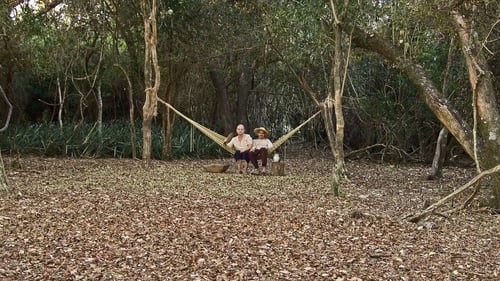
Set in 1935, a couple of aged smallholders are waiting for their son, for rain, for better days.

Working at the limits of what can easily be expressed, filmmaker Peter Mettler takes on the elusive subject of time, and once again turns his camera to filming the unfilmable. From the particle accelerator in Switzerland, where scientists seek to probe regions of time we cannot see, to lava flows in Hawaii which have overwhelmed all but one home on the south side of Big Island; from the disintegration of inner-city Detroit, to a Hindu funeral rite near the place of Buddha's enlightenment, Mettler explores our perception of time. He dares to dream the movie of the future while also immersing us in the wonder of the everyday. THE END OF TIME, at once personal, rigorous and visionary, Peter Mettler has crafted a film as compelling and magnificent as its subject.
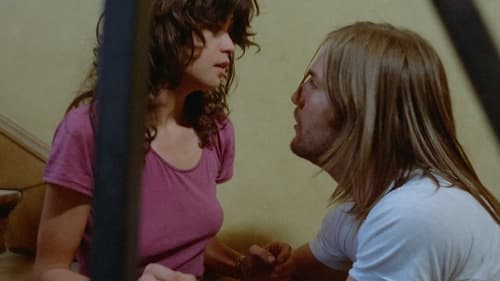
New Yorker Ben Phillips and mysterious Léo Hoffmann are strangers who are summoned to Paris by a mutual acquaintance. Upon arrival, they meet and soon find themselves tangled in a complex mystery.
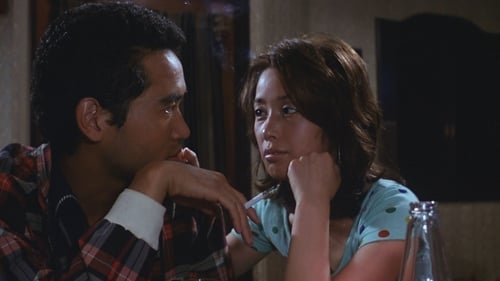
A young man living on growing tomatoes in a greenhouse in a residential area. Tomato cultivation is as doomed as his personal life where he tries to keep alive his romance with the eccentric Kaede and parents selected fiancee Ayako.

